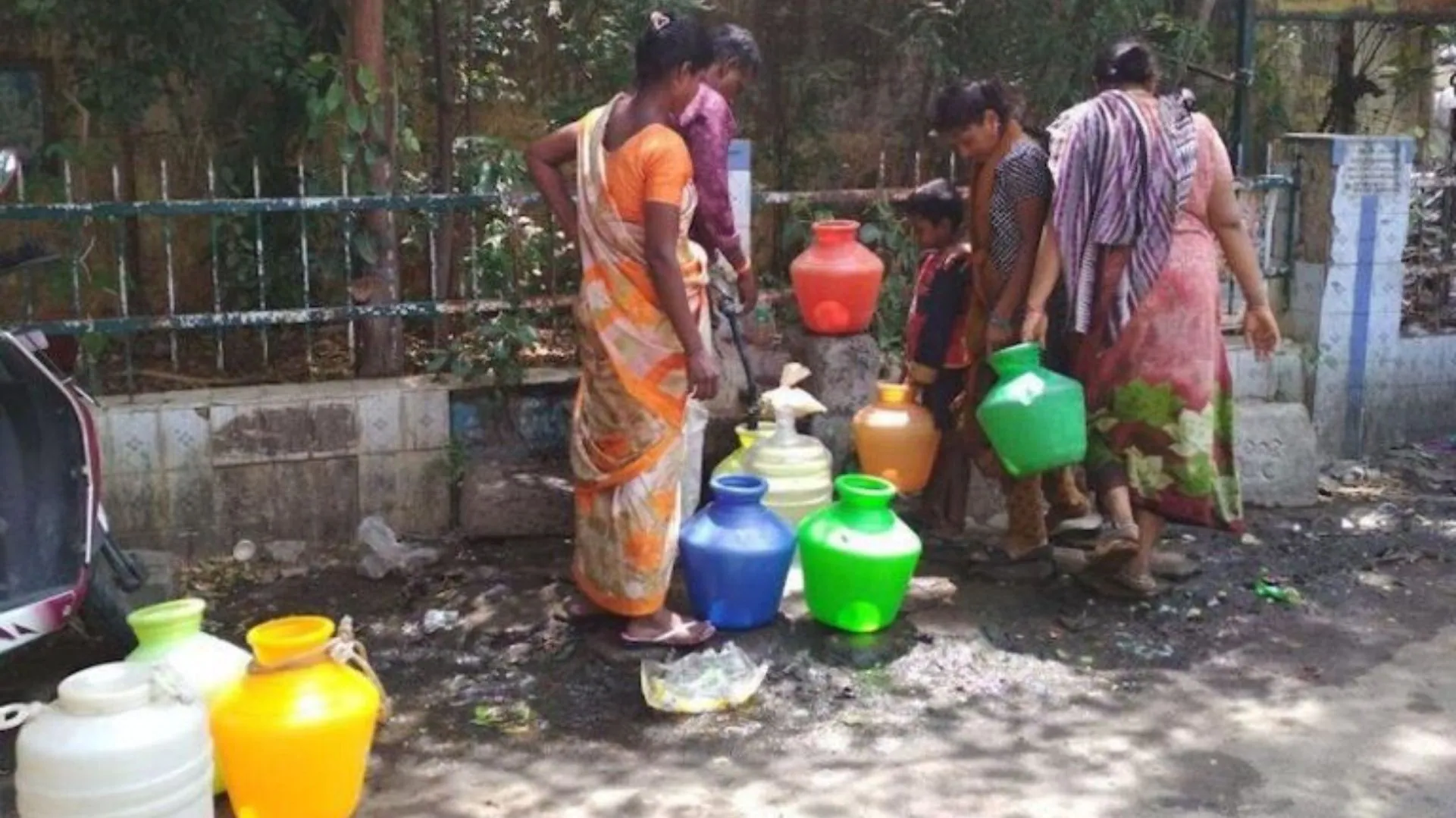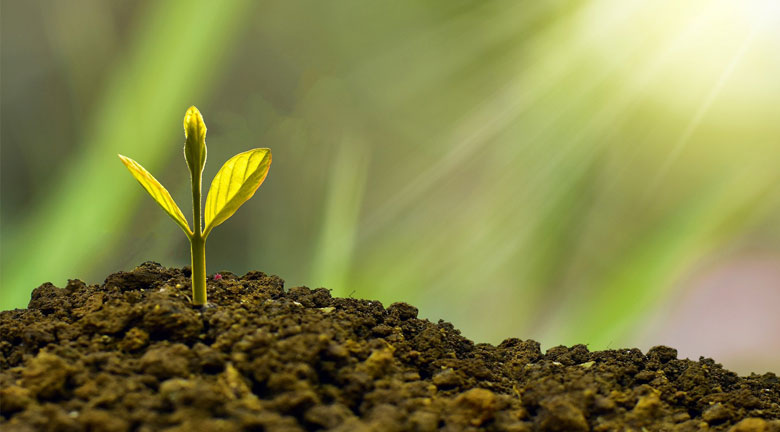Theory Of Change
Theory Of Change
It is estimated that the population worldwide will by nearly 10 billion people by 2050, an increase that has serious implications for water demand. Rising water use will also lead to more wastewater and more water pollution. Climate change further exacerbates pre- existing water stresses and is already having a measurable effect on the water cycle, altering the amount, distribution, timing, and quality of available water.
Ground water (that is steadily depleting) makes up about 40% of India’s water supply. Almost 2/3rd of India’s reservoirs, are running below normal levels. As per Central Pollution Control Board (CPCB) of India, if current pattern of water usage & wastage continues, about 1/2 of our water demand of 1.5 trillion cu mt in 2030 shall remain unmet, leading to about 6% GDP loss. NITI Aayog CWMI report states: 21 major Indian cities will reach Zero ground water level by 2023, affecting millions of people. Around 12% of India is already living the ‘Day Zero’ scenario. 600 million people face high to extreme water crisis. There just isnt sufficient water for use. Incidentally, India is the largest user of groundwater in the world and uses 25 percent of the world’s ground water (230 cu km/yr)
What we do -
Design and implement innovative, scalable, efficient and impact-at-scale Circular wastewater recycling solutions to improve water availability; increase acceptance of recycled water through water literacy programmes resulting in behaviour change
How we do What we do
- Water literacy - Training, awareness, sensitisation & capacity building across stakeholders using effective IEC strategies (Information, education and Communication) using our unique Water curriculum.
- Ensure exponential rise in wastewater treatment and reuse through partnerships with corporates, federal & state governments, WatSan organisations, UN Environment programme on wastewater, WHO, UNICEF, WB etc
- Transparency and Accountability - Bi-annual monitoring and reporting of solutions and services, value added services provided.
- Advocacy for regulation on mandatory treatment and reuse of waste water – All new builds to have Greywater recycling solutions, innovate for existing buildings & new technologies

Outcomes
- Contribute towards 7 of the 17 UN SDG’s, specifically SDG6.
- Align with and complement GOI Jal Jeevan Mission; Swachh Bharat Mission, Sujalam 2.0 initiatives
- Increased reliance on treated Greywater than on fresh water/ground water for non-potable use
- Improved ground water quality and soil quality, improved crop yield
- Reduced electricity and water bills, savings in groundwater pumping, delayed capital investments on water infrastructure

- Access to responsible waste segregation and waste disposal facilities
- Reduce-Reuse-Recycle, upcycle and co-process
- Encourage enterprises to ‘Make to be Remade’
- Reduce waste in landfill, increase waste converted to compost
- Remove litter, audit origin of plastic waste & packaging
- Plantation drives, form sustainable waste management practises
- Sensitisation and training at community level